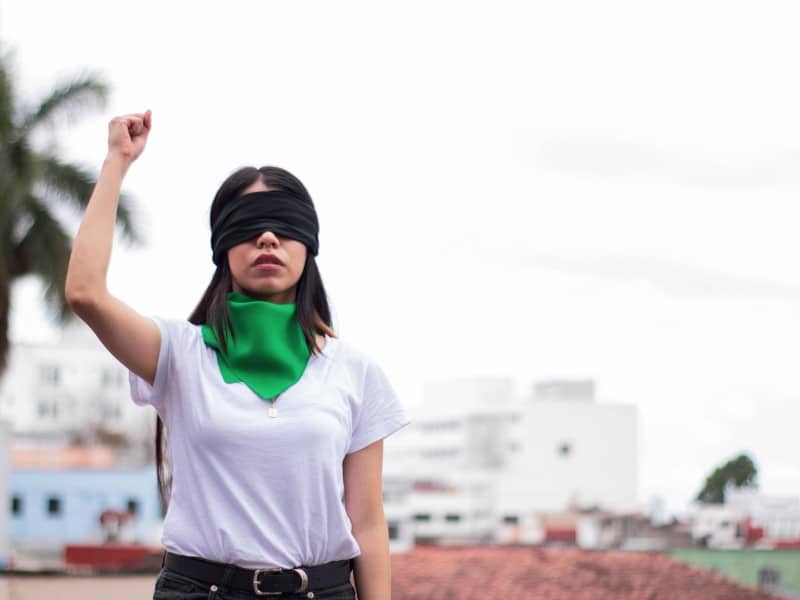In El Salvador a Miscarriage Can Lead To Prison
It is a sad reality that women continue to be prosecuted criminally for being refused medical treatments like abortion, but it is even sadder that many of these women simply miscarried yet are being punished for it.

On May 9th, 2022, a Salvadoran woman identified only as Esme was sentenced to 30 years in prison after she suffered a miscarriage. Esme had been under pre-trial detention for almost two years. She was first arrested and reported to law enforcement by hospital employees for seeking help at a public hospital. Esme was also separated from her seven-year-old daughter when she was arrested.
The reason why this happened is the stuff of nightmares.
Despite several protests and rallies often organized by the many feminist movements in El Salvador, the country continues to have some of the most draconian abortion laws in the world with the procedure being completely illegal no matter the circumstances. Under Salvadorian law, abortion isn’t legal even in cases of rape, incest, or if the mother’s health is at risk.
Esme’s case is not an isolated incident: women have been going to prison for suffering miscarriages for decades in the country. Between 2000 and 2004, there were at least 49 women serving sentences for “crimes” related to abortion. Abortion is referred to as aggravated homicide when these women are tried. The penalties range from 20 to 50 years, healthcare workers such as doctors, nurses, etc. can also be charged for being complicit and sentenced to up to 12 years. For these reasons, many healthcare professionals turn to denounce these women as soon as they show up at a hospital with signs of a miscarriage.
Lower-income women find themselves the most vulnerable to these laws, as it’s often extremely difficult to access medical care. In 2016, another woman named Evelyn was also sentenced to 30 years in prison after suffering a miscarriage while sitting down on her toilet, despite not even knowing she was pregnant. After years of suffering, she was only released in 2020 when various international human rights organizations exerted pressure on the current government to free her.
Despite these challenges, opposition to anti-abortion laws continue to contest them. Feminist collectives in El Salvador presented a proposal that would modify the penal code to allow abortions when the mother’s health is at risk, in cases of rape or cases of fetal malformation in 2016 – unfortunately, the proposal was archived last year by the legislative assembly. Despite constant pressure for change from many, including international human rights organizations, these human rights violations continue to be ignored.
Morena Herrera, president of The Citizens’ Group for the Decriminalization of Abortion, has called for miscarriages to be treated as a public health issue rather than a criminal one. Herrera has described Esme’s sentence as a heavy blow in advancing women’s rights in the country. Herrera also stated, “We will continue to fight so that all women unjustly criminalized by these circumstances regain their freedom and have the opportunity to remake and rebuild their lives.”
On the other hand, international human rights lawyer and executive director of the Women’s Equality Center Paula Guillen warns that we may be seeing cases like these happen in the U.S. if Roe vs. Wade is overturned. Guillen said, “Everyone in the U.S. should have their eyes on El Salvador to understand exactly what a future without Roe entails.”
Guillen also points out that when abortion is criminalized, women are forced to prove that any obstetric emergency they may experience is, in fact, an emergency. Women who can’t or don’t have the resources to seek proper medical care will face imprisonment instead.
It is a sad reality that women continue to be prosecuted criminally for being refused medical treatments like abortion, but it is even sadder that many of these women simply miscarried yet are being punished for it. A more equitable future involves quality abortion access for everyone, without fear of being jailed for seeking healthcare and body autonomy.



